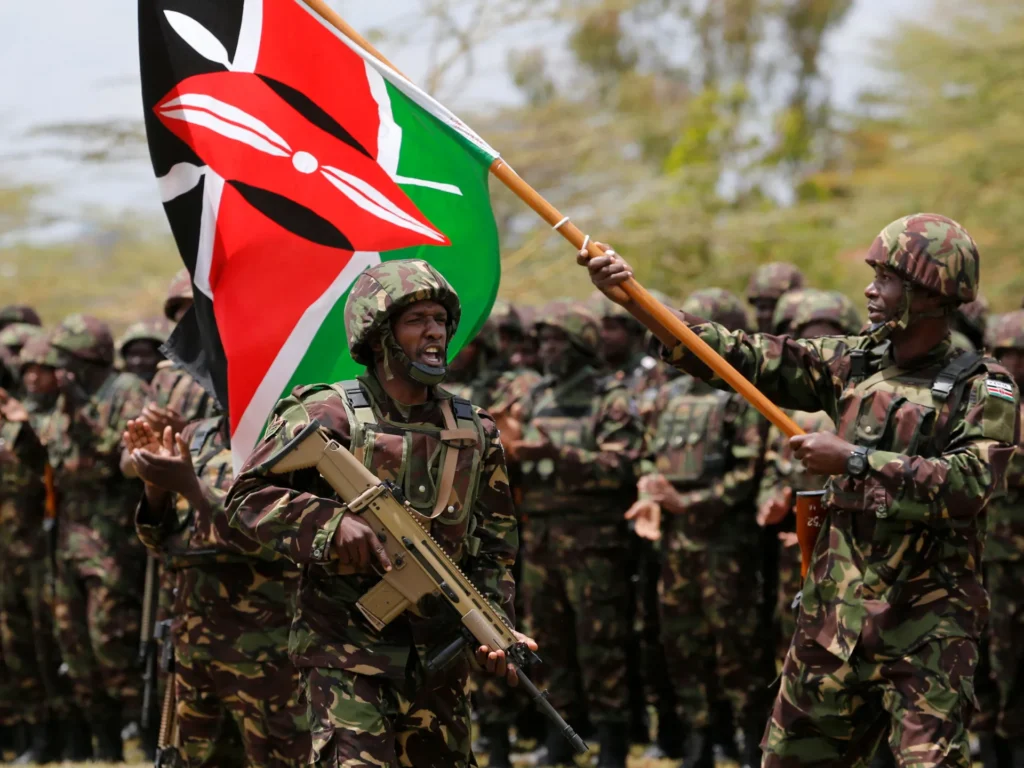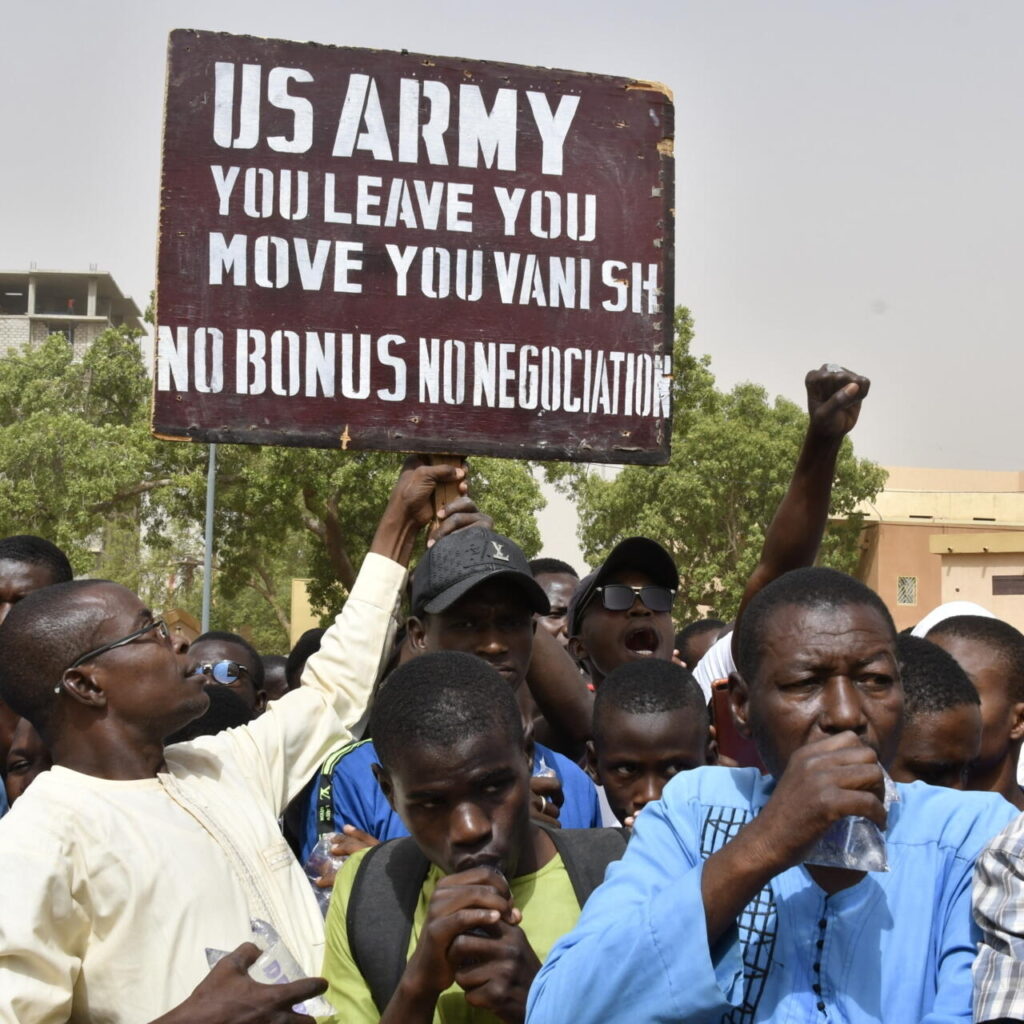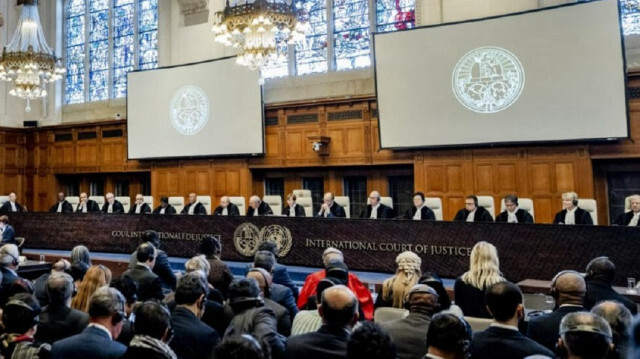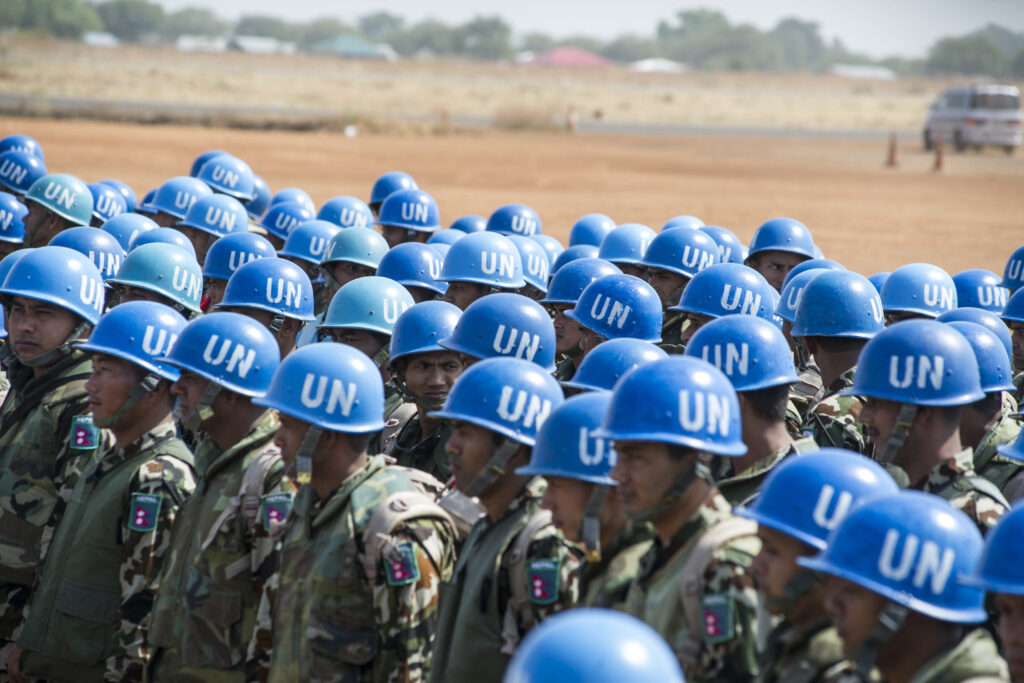
The UN peacekeeping chief, Jean-Pierre Lacroix, has urged South Sudan to withdraw its military forces from the disputed Abyei region.
This comes amidst rising tensions in the oil-rich border area, also claimed by Sudan.
Lacroix expressed deep concern about the presence of South Sudanese security personnel in southern Abyei since October 2022, with additional deployments in March and April.
He warned that these forces could further escalate tensions in a region already grappling with deep political divisions.
Abyei has been a contentious territory since South Sudan gained independence from Sudan in 2011.
Following the separation, Abyei was designated a demilitarized zone under UN protection.
However, Lacroix noted that several thousand UN peacekeepers are currently facing difficulties in carrying out their mandate due to the presence of South Sudanese forces.
The UN peacekeeping chief highlighted the negative impact of the South Sudanese military presence.
Fear has gripped the local population, and the UN mission’s mobility is hampered, hindering its ability to protect civilians.
Additionally, Juba’s actions violate the 2011 agreement that established Abyei as a demilitarized zone.
This volatile situation is further underscored by recent violence in the region. Earlier this year, clashes claimed the lives of 54 individuals, including two UN peacekeepers.
Ethnic tensions between the Ngok people of Abyei and their Twic rivals from neighboring Warrap state in South Sudan have been a significant source of conflict.
The UN’s call for South Sudan to withdraw its troops from Abyei emphasizes the urgency of de-escalation.
Addressing this issue is crucial for ensuring the safety of civilians, enabling effective peacekeeping operations, and fostering stability in the disputed region.

